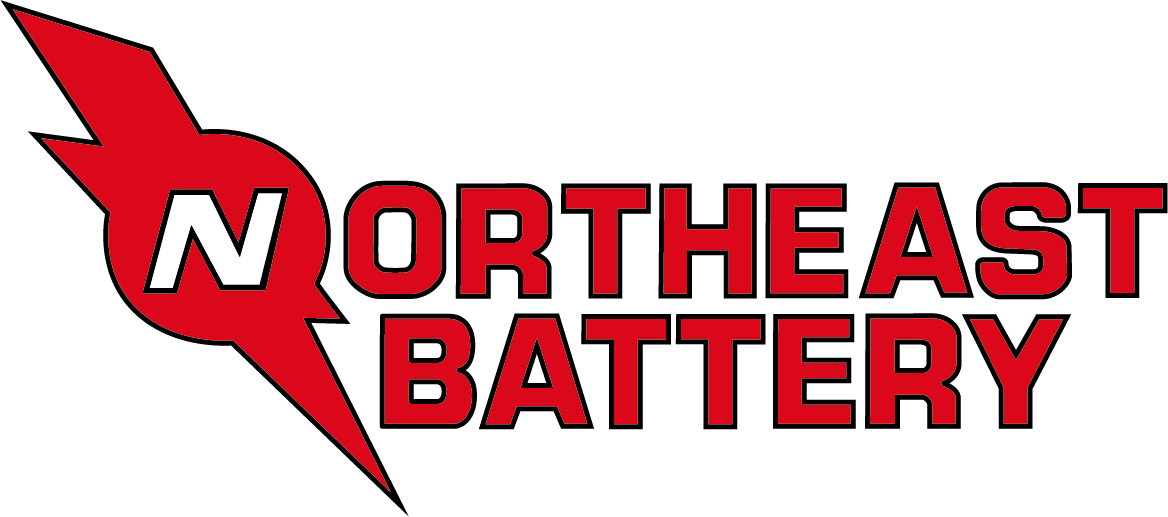Forklifts are the workhorse of nearly every plant and warehouse. What used to take four guys an hour to move now takes one forklift 10 minutes. That is, as long as the forklift battery is charged and working properly.
Lead-acid batteries are still leading the pack when it comes to forklift batteries but lithium-ion batteries are coming in a close second. Which is the better choice? Let’s take a look at some of the Pros and Cons of these motive power all stars.
Lithium-Ion Batteries
The lithium-ion battery, while still considered the new kid in most motive power applications, is quickly becoming a strong contender. The question is, why?
Pros
- Low maintenance is one of the biggest draws for the lithium-ion battery. Because they don’t contain electrolyte (water) or acid, there is no need to check water levels and go through the whole painstaking process of refilling them when they get low
- Lithium-ion batteries can hold a charge for 5000 cycles. That approximately 5 times more than a lead-acid battery. That’s also a number that was generated through testing in a controlled environment and doesn’t equate 1 to 1 in the real world. That being said, the average cycles per lifetime for a lead-acid battery ranges from 400 to 1500. The average cycles per lifetime for a lithium-ion battery are 2000 to 4000. While not as good as the number produced in the studies, it’s still a whopping 5 times longer than the most well maintained lead-acid battery.
- Low maintenance and a long life are great, but so is ease of use, and lithium-ion batteries are easy to use. They don’t require the cooldown time that lead-acid batteries do between each charging cycle. They are also really lightweight and versatile. They can easily handle the vibrations, bounces, and bangs that go along with most motive power application.
Cons
- While the lightweight nature of the lithium-ion battery is certainly a plus in many applications, there are still a lot of forklifts that depend on the weight of the battery to act as a counterbalance to the load being lifted.
- Lithium is a non-sustainable resource. This means that when the lithium in the world runs out, it’s gone and there’s nothing we can do to create, or grow more. Lithium-ion batteries not only deplete the world’s resources but it also drives up the cost, which brings me to my next point.
- These batteries can be cost prohibitive. While their performance is great their price tag is not. So before you buy, take a look at the cost per watt.
Lead-Acid
The lead-acid battery is considered by many to be old faithful. A tried and true battery that, while it doesn’t last forever, does the job and does it well, most of the time.
Pros
- Lead-acid batteries are extremely cost-effective. If well maintained, they can last a decent amount of time. They are easy to manufacture which helps keep the cost down and ensure they will be readily available for a long time to come.
- Many forklifts on the market today were created to be used with a lead-acid battery. They rely on the weight and high discharge rate that the lead-acid battery provides.
- While the technology behind lead-acid batteries is time-tested, it’s also evolving. Sealed lead-acid batteries mean less downtime for maintenance and greater durability.
Cons
- Yes, the technology behind these batteries is evolving, but they are still fickle and require a lot of upkeep. They require optimum storage conditions, as well as regular cleaning and special handling due to environmental concerns.
- They are limited in the number of full discharge cycles within their lifetime. As much as these batteries are moving in the right direction, they still don’t last nearly as long as the lithium-ion battery.
- The lead-acid battery is heavy and cumbersome. Yes, this is a positive point to many forklift manufacturers but it also limits the number of applications in the real world.
Clearly, there is no definitive answer when it comes to the question of which is the best battery. That’s why you need to evaluate your forklift needs and match them up with this Pro’s and Con’s list to see which battery is right for you.



Northeast Battery, a Stored Energy Holdings, Inc. Company